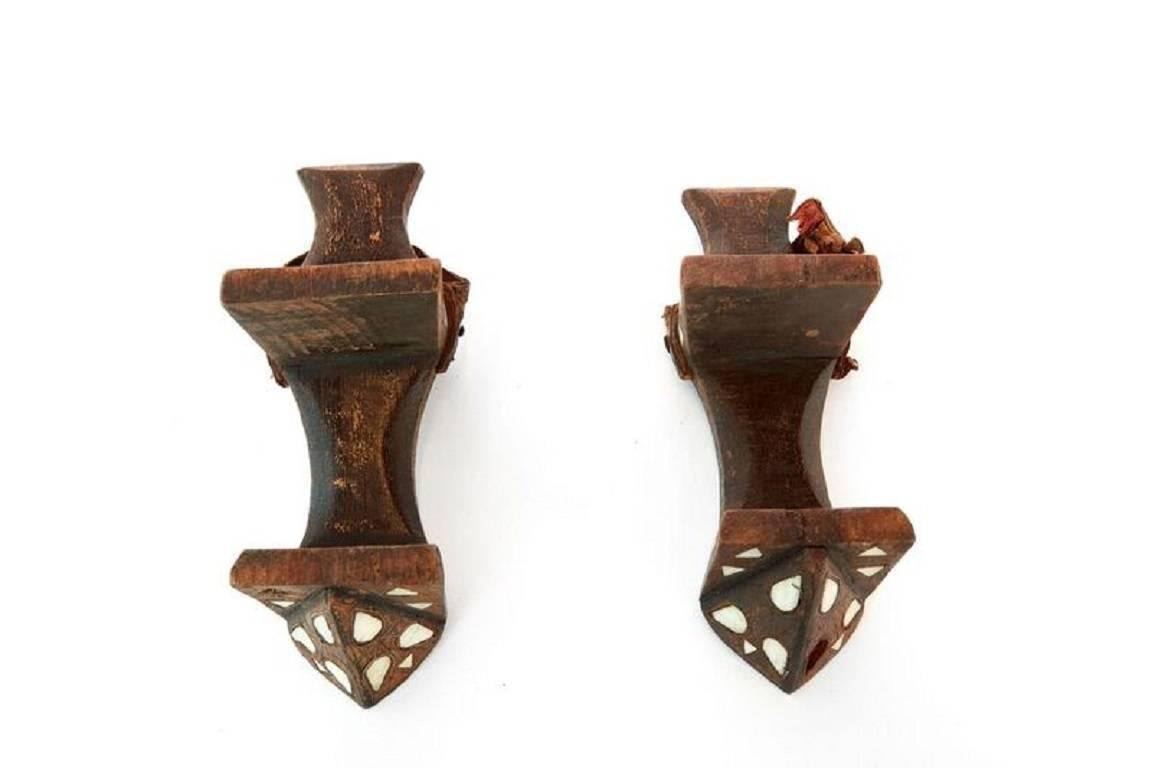

Several of the proposed economic recovery approaches could facilitate this. To change this, power structures need to be contested and adjusted. Naturally, this unpredictability of society, lack of trust and frequent abuse of power makes long-term commitments – whether to another person, a state institution or a commercial or development project – risky and difficult. But less public instances also occur, such as teachers forcing students to pay them for the grading of assignments or mandatory extra lessons.ĭemonstrators protest against Sierra Leone President Ernest Bai Koroma while he attends an IMF meeting on ebola in Washington.

They, therefore, serve individual, rather than societal interests.Ī case in point was the missing ebola-funds. As a result, new opportunities – in particular jobs in companies or development projects – are appropriated by those in power. Second, the role and abuse of power – often hard to distinguish from money – is a resource for exercising domination and control in unfair ways. Such attacks are not unique to Siera Leone. It often makes society react in ways that are unpredictable, as shown by attacks on health workers and facilities in the fight against ebola. The pervasive lack of trust in systems, institutions and individuals are the result of past experiences where people have been deceived and cheated. So deep is the problem of mistrust that one often hears being said: The solutions proposed by a spectrum of agencies pointed to a structural problem of endemic mistrust among the population. Initially, there was widespread local scepticism towards the disease when it first broke out. In this respect, there are two important aspects that need to be addressed.įirst is the issue of trust. If the post-ebola period aims to produce change that is sustainable and lasting, social change from below is crucial. Yet, in many ways the country is facing a similar situation as it was right after the 11-year long war which ended in 2002: a broken economy in a devastated, disillusioned and socially fragmented society. There is electricity and water supply and roads are better than a decade ago. When I visited Lunsar, a town in the Northern Province, in 2003, it was in ruins after more than a decade of war.īut, during the last ten years, it had slowly come back to life and even turned into a place of hope when iron-ore mining started again in 2006. If there is one thing that ebola has proven, it is that Sierra Leone’s development over the last five to ten years was very fragile. To do so, challenges in the social domain at individual and interpersonal level need to be actively factored in. But we need to ask how they can contribute to broader sustainable change. These suggestions are crucial and need to continue. Broadly, these steps mainly proposed ideas about economic growth through investment, the role of the private sector and accountability of the government, companies and NGOs in facilitating local entrepreneurship and education. Institutions, researchers, government ministries, consultants, companies, journalists, international donors and local civil society bodies are discussing the country’s future outlook.Įxemplary for these discussions is a recent online debate hosted by The Guardian, which identified a 20-step approach to economic recovery. Economic recovery discussions have therefore also started. (Photo: Reuters/Baz Ratner)Īlthough the country is not yet officially ebola-free, there are signs showing significant improvements. Sierra Leone has made significant progress in the fight against ebola and is grappling with economic recovery.


 0 kommentar(er)
0 kommentar(er)
